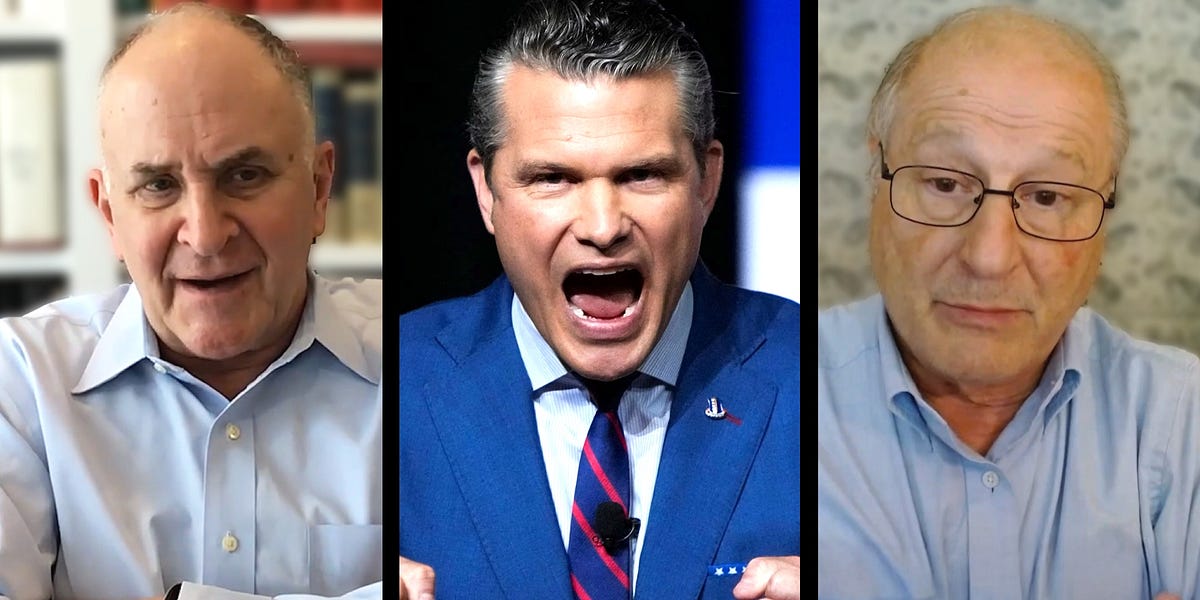US President Donald Trump’s new H-1B visa plan is facing a legal challenge in a federal court in San Francisco. A coalition of unions, employers, and religious groups filed the lawsuit seeking to block the president’s order imposing a one-time $100,000 fee on H-1B visa applications.

Contesting the decision, the lawsuit claims that the fee increase is illegal and represents an unprecedented change to the H-1B program.
The petitioners argue that the president “has no authority” to impose fees or taxes unilaterally to generate revenue, nor can he dictate how those funds are spent. “Defendant Donald J. Trump is the President of the United States and is sued in his official capacity,” the lawsuit states.
Story of India’s Phoenix Doe
The suit cites the example of “Plaintiff Phoenix Doe,” to land its point. Doe is described as an Indian citizen residing in Northern California. She is a postdoctoral researcher whose cap-exempt H-1B petition has been halted due to the $100,000 fee.
“Her research focuses on identifying the genetic and epigenetic causes of vision loss due to aging, diseases such as diabetes, and rare inherited genetic abnormalities of unknown etiology, with the goal of finding new ways to diagnose and treat blinding conditions,” the lawsuit states.
It argues that the university relies on Doe as its first postdoctoral scholar to build and advance its research program and secure future funding, with ongoing work expected to continue for at least two more years.
The suit adds, “As a result of the Proclamation, her university has indefinitely paused moving forward with the processing of her application.”
“She is suffering debilitating stress and anxiety due to the uncertainty of her position, which exacerbates the PTSD from which she suffers. Without relief, Plaintiff Phoenix will be forced to leave her postdoctoral position the United States within four months, causing serious professional and personal harm.”
The suit further highlights how the H-1B visa fee hike has disrupted her career and stalled important research aimed at advancing the wellbeing of US citizens.
It states: “Her departure will set back the crucial research she is conducting, disrupting the lab’s ongoing work and ability to secure future research funding, preventing her department from getting any future funding through her, and potentially delaying the availability of treatment for the conditions that are the focus of her research.”
New H-1B fees will ‘stifle innovation’
The case is being pursued by the United Auto Workers union, the American Association of University Professors, the Justice Action Center, the Democracy Forward Foundation on behalf of the Global Nurse Force, and several religious organizations.
The lawsuit also criticizes federal agencies, including the Department of Homeland Security’s US Citizenship and Immigration Services and the State Department, for implementing the order without proper rulemaking procedures or consideration of its impact.
The groups warn that “extorting exorbitant fees will stifle innovation.”
The H-1B visa program allows US employers to hire foreign workers in specialty fields, particularly in technology. Under normal circumstances, employers sponsoring H-1B visas paid fees ranging from $2,000 to $5,000.
The Trump administration’s order, however, bars new visa recipients from entering the America unless their sponsoring employer pays the $100,000 fee.
Source link

